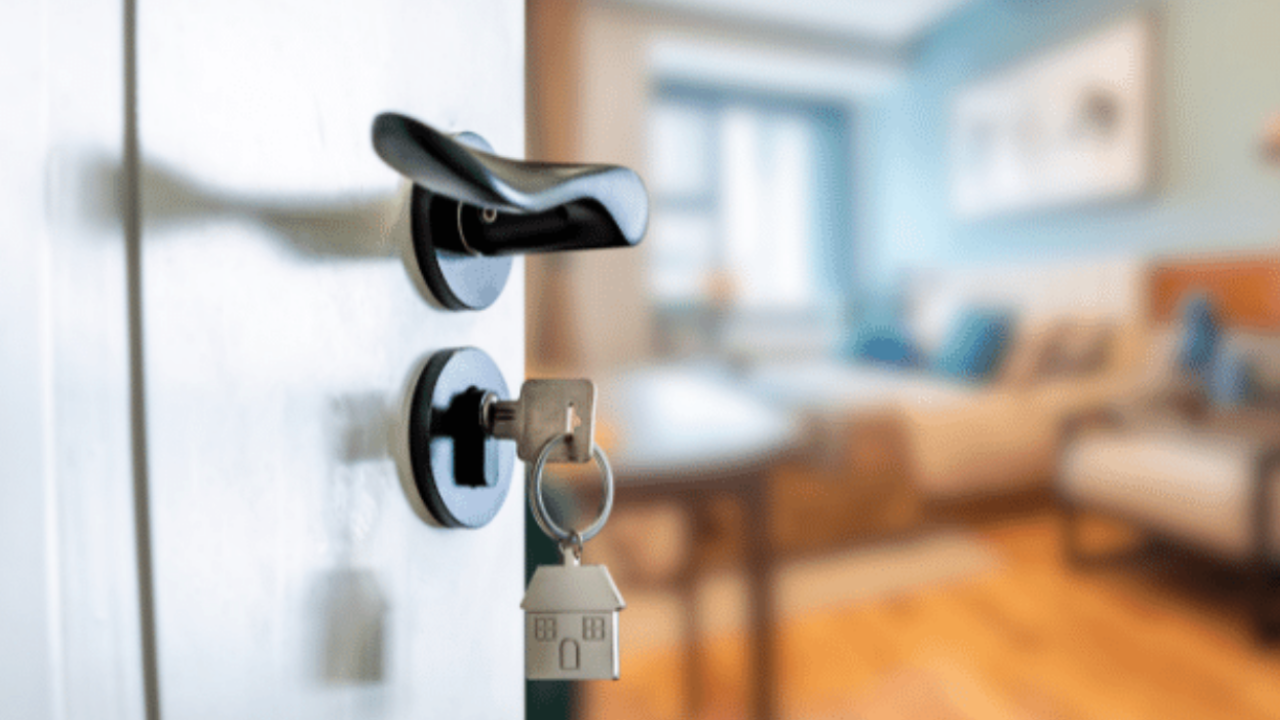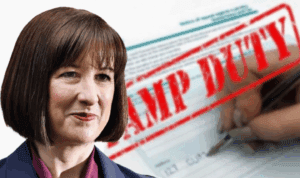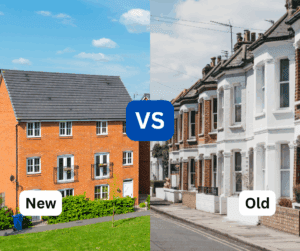A Tenant’s Right to Privacy
When a tenant signs a tenancy agreement, they’re granted exclusive possession of the property. This means they have the legal right to control who enters—and yes, that includes the landlord.
Entering without the tenant’s permission (unless you have a specific legal right to do so) could be considered trespassing. If it’s repeated, it could even be classed as harassment. That’s why landlords must approach access carefully and respectfully.
When Can a Landlord Enter?
There are a few common situations when you can enter the property:
- To carry out repairs
- To inspect the condition of the property
- To meet legal obligations (like gas safety checks)
- To show the property to new tenants or buyers
But even in these cases, the key principle remains: give notice and seek permission, unless it’s an emergency.
What the Tenancy Agreement Should Say
Your tenancy agreement should include clauses that allow access for specific reasons, like:
- Carrying out repairs
- Annual inspections
- Gas or electrical safety checks
- Marketing and viewings before the end of the tenancy
This gives you a contractual right to access—and makes it clear to the tenant that denying access could be a breach of contract.
Tip: Use a professionally drafted tenancy agreement to avoid legal grey areas.
Giving Notice and Getting Permission
Even with a clause in the agreement, the best practice is to always ask for the tenant’s permission first—ideally in writing.
You must:
- Give at least 24 hours’ notice (in writing)
- Explain why you need access
- Agree on a suitable time
If major works are planned, clearly outline what’s involved and how long it will take.
Access for Repairs: Your Legal Right
Certain laws give you access rights for repairs, even if it’s not mentioned in the tenancy agreement:
- Landlord and Tenant Act 1985 (Section 11): Allows landlords to enter for repair inspections—24 hours’ notice in writing is required.
- Homes (Fitness for Human Habitation) Act 2019: Similar rights to check property condition.
- Housing Act 1988: Tenants must allow “reasonable access” for repairs.
These laws apply to all tenancy agreements, whether stated explicitly or not.
What About Improvements (Not Repairs)?
There’s a big legal difference between repairs (which you must do) and improvements (which you choose to do).
If you want to upgrade the kitchen or replace flooring, you must either get the tenant’s permission or include this right in the tenancy agreement. Otherwise, access can be refused.
What If a Tenant Refuses Access?
If a tenant says no, you cannot force entry, even if they’re breaching the agreement.
Here’s what you should do:
- Remind them of their obligations under the tenancy.
- Document the refusal in writing.
- Explain any consequences (e.g. responsibility for worsening damage).
- If necessary, seek legal advice—you may need an injunction or, in serious cases, begin possession proceedings.
Remember: forcing entry can lead to legal trouble for you.
Access for Gas Safety Checks
Gas safety inspections are a legal requirement every year. If tenants won’t allow access:
- The law doesn’t give automatic right of entry, but most tenancy agreements do.
- The Health and Safety Executive (HSE) advises landlords to make at least three genuine attempts to gain access.
- Keep a written record of every attempt.
If you can show you’ve tried your best, the HSE is unlikely to penalize you—but an expired gas certificate may block you from serving a Section 21 eviction notice.
Viewings Before the Tenancy Ends
If you need to show the property to new tenants or buyers, it’s best to:
- Ask for permission
- Give proper notice
- Be flexible with viewing times
Yes, your tenancy might say you have the right to access for viewings—but in practice, it’s usually smoother to wait until the tenant leaves, unless they’re cooperative.
In Summary…
Situation | Can You Access? | What You Must Do |
Repairs | Yes (by law) | 24 hrs written notice |
Inspections | Yes (if in agreement) | Seek permission |
Improvements | No (unless agreed) | Get permission or add to agreement |
Viewings | Only with permission | Respect tenant’s schedule |
Gas checks | Not automatic | Attempt 3 times and document |
Final Thoughts for Landlords
Being a respectful landlord doesn’t mean giving up control—it means working with your tenants, not against them. Clear communication, a well-drafted agreement, and knowing your legal boundaries will make property access smoother for everyone.
If in doubt, always seek legal advice or work closely with your managing agent.







